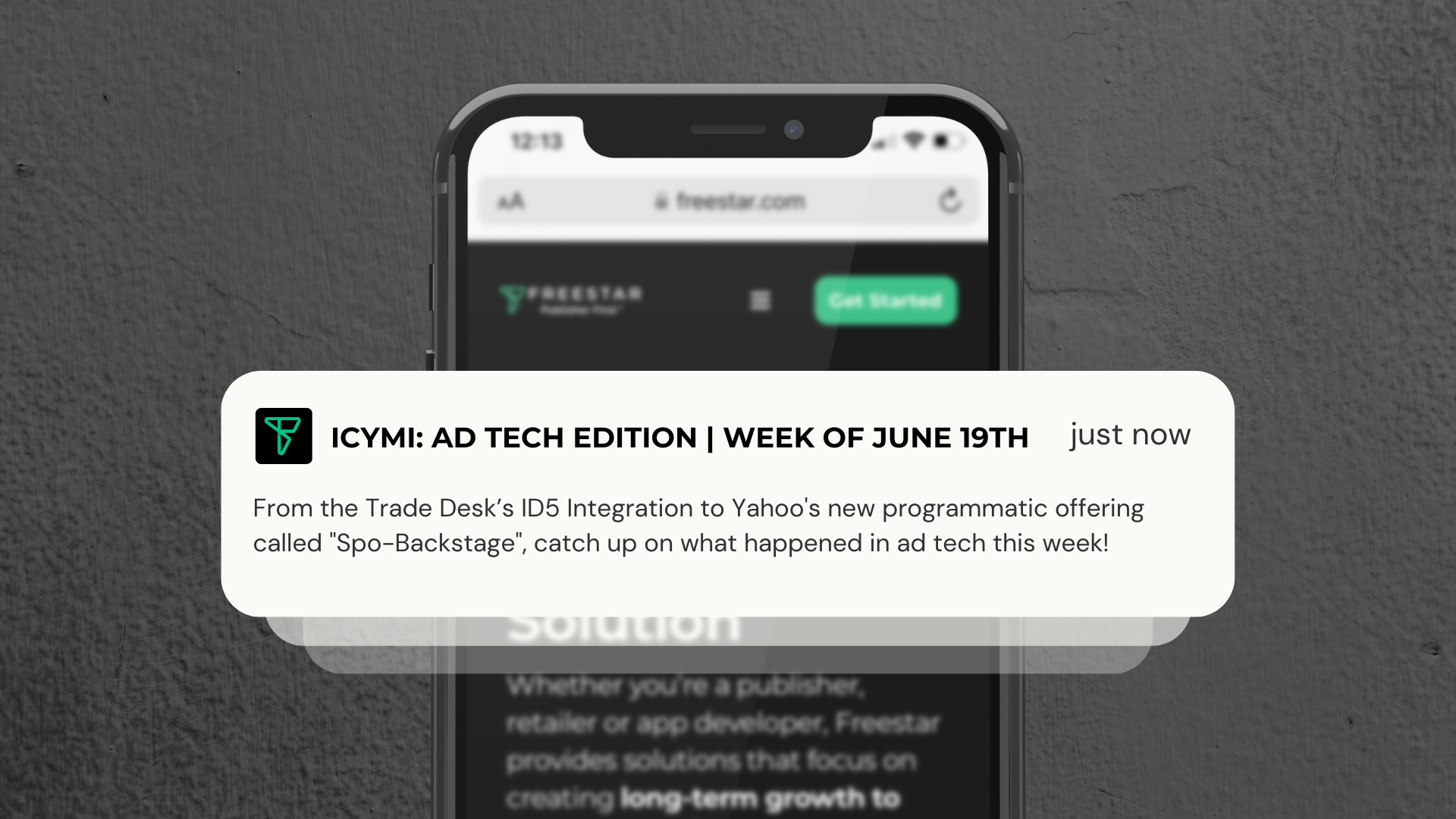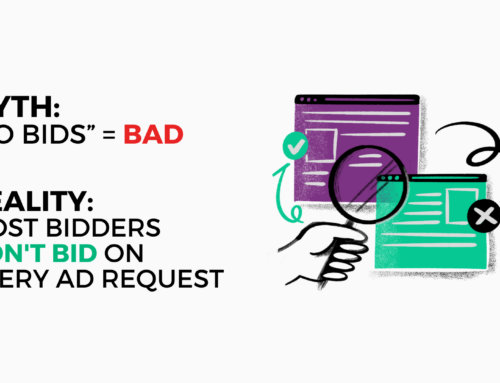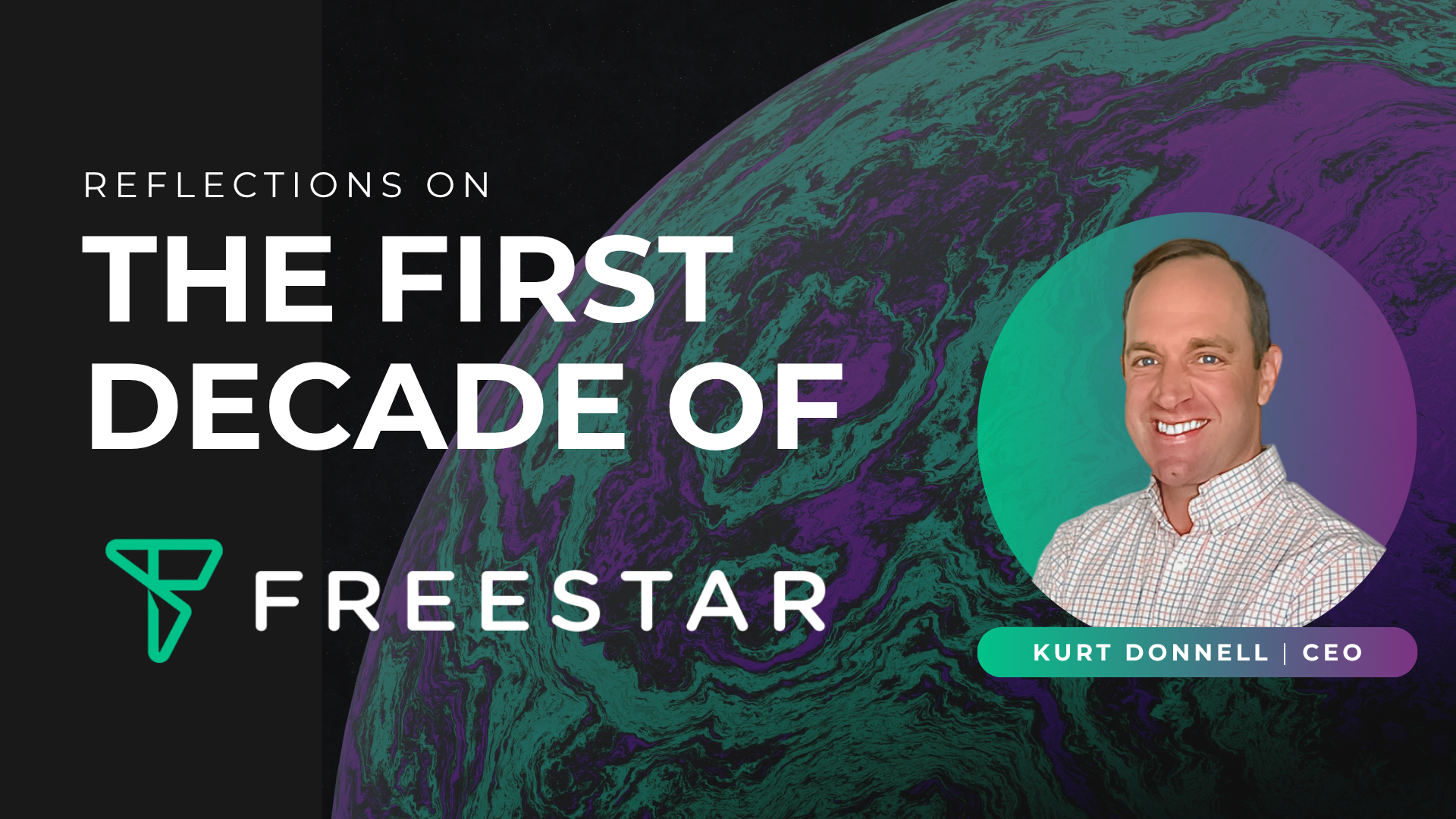Bits and Bobs from around the industry:
- The Trade Desk’s ID5 Integration Makes European Audiences More Addressable | AdExchanger
- Advertisers, Here’s One Weird Trick From The ANA That Could Save You $20 Billion | AdExchanger
- Gannett CEO: Here’s why we are suing Google for deceptive business practices | USA Today
- The Trade Desk and Walmart Connect Will Test Integration of Unified ID 2.0 into the Walmart DSP | The Trade Desk
- Yahoo’s SPO Push, Backstage, Gives Marketers Direct Access to Publishers Without the SSP | AdWeek
The Trade Desk’s ID5 Integration Makes European Audiences More Addressable | AdExchanger
The Trade Desk (TTD) and ID5 have announced a data partnership aimed at addressing the challenges arising from the phasing out of third-party cookies and device IDs. The integration involves two key areas. Firstly, ID5 is integrating its ID graph, which contains data from European publishers, into TTD’s Identity Alliance. This integration increases addressability for European campaigns and enhances targeting capabilities. ID5’s identifier can now be applied to any campaign running through TTD’s demand-side platform. Secondly, the partnership allows European publishers partnered with ID5 to easily apply the EUID (a version of TTD’s UID2 identifier) for targeting consented, logged-in traffic in compliance with Europe’s GDPR privacy law. The combined ID graph also facilitates measurement and attribution without relying on third-party cookies, enabling more effective retargeting and frequency capping. The partnership may lead to broader adoption of cookieless targeting, measurement, and attribution.
Advertisers, Here’s One Weird Trick From The ANA That Could Save You $20 Billion | AdExchanger
The Association of National Advertisers (ANA) has released the first part of its programmatic transparency report, revealing that brands could save $20 billion annually by avoiding low-quality inventory in the programmatic media supply chain. The report highlights that advertisers unknowingly spend $13 billion each year on made-for-advertising (MFA) websites, which represent 21% of impressions and 15% of ad spend. The study, conducted in partnership with TAG, PwC US, and Kroll, covered $123 million in ad spend and 35.5 billion impressions. The report attributes waste in the supply chain to issues such as ad fraud, intermediaries taking excessive cuts, opaque algorithms, and lack of data transparency. The ANA suggests that advertisers can achieve better transparency by signing direct supply contracts with data rights, seeking log-level data from partners, reducing the number of sites their ads run on, and prioritizing value over cost. However, the ANA acknowledges that obtaining log-level data remains a challenge, as some exchanges refuse to share it, claiming it is proprietary information. Despite the obstacles, the ANA encourages advertisers to demand access to log-level data and make efforts to improve efficiency in programmatic spending.
Gannett CEO: Here’s why we are suing Google for deceptive business practices | USA Today
Gannett, the largest news publisher in the United States, has filed a lawsuit against Google, accusing the tech giant of monopolizing advertising technology markets and engaging in deceptive commercial practices. Gannett argues that Google’s practices have resulted in a decline in advertising revenue for news publishers, particularly local news outlets, at a time when digital advertising has grown into a $200 billion industry. Google controls a significant portion of the market for ad servers and ad exchanges, giving it an unfair advantage in online advertising transactions. The lawsuit claims that Google’s actions harm news organizations and their readers, leading to job losses and newspaper closures. Gannett’s lawsuit is part of a broader trend of legal action against Google for antitrust violations in the ad-tech industry, with government enforcers in the US and the European Union also pursuing similar cases.
The Trade Desk and Walmart Connect Will Test Integration of Unified ID 2.0 into the Walmart DSP | The Trade Desk
The Trade Desk, a global advertising technology leader, has announced a partnership with Walmart Connect to test the integration of Unified ID 2.0 (UID2) in the Walmart Demand-Side Platform (DSP). UID2, pioneered by The Trade Desk, is an industry-backed identity solution that aims to improve consumer privacy controls while maintaining the value exchange of the open internet. The integration will allow clients to continue targeting Walmart’s audiences using UID2 after the phase-out of third-party cookies. The Walmart DSP, launched in 2021, enables advertisers to reach Walmart’s first-party audiences across various channels and provides insights into the performance and effectiveness of their media buys. The partnership focuses on privacy-safe identity solutions and the expansion of advertisers’ reach across the open internet without relying on third-party cookies.
Yahoo’s SPO Push, Backstage, Gives Marketers Direct Access to Publishers Without the SSP | AdWeek
The article discusses Yahoo’s new programmatic offering called “Spo-Backstage” that provides marketers with direct access to publishers without the need for a supply-side platform (SSP). Spo-Backstage aims to simplify the ad buying process by allowing marketers to directly connect with publishers and negotiate deals, bypassing the traditional SSP middleman. This new approach enables marketers to have more control over their advertising campaigns and potentially improve transparency and efficiency. The article highlights the potential benefits of Spo-Backstage, such as increased flexibility and cost savings, while also noting the challenges it may face in gaining traction and widespread adoption in the industry.






